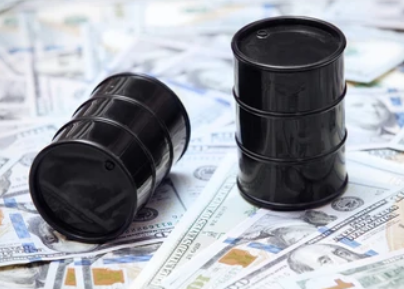
Charlie Brooks
Dec 19, 2022 12:08

Oil prices regained ground on Monday after falling more than $2 a barrel in the previous session, as optimism regarding China's reopening and a rebound in oil consumption outweighed concerns regarding a worldwide recession.
Brent oil futures increased 72 cents, or 0.9%, to $79.76 a barrel as of 01:03 GMT, while U.S. West Texas Intermediate crude jumped 60 cents, or 0.9%, to $74.89 per barrel.
China, the world's largest crude oil importer and second-largest oil consumer, is suffering the first of three projected waves of COVID-19 cases after the relaxation of movement restrictions.
Tina Teng, an analyst at CMC Markets, stated, "Despite an increase in COVID cases, reopening optimism and accommodating policies strengthen oil's demand forecast."
Caixin reported on Friday that China intends to increase flights with the objective of restoring the country's average daily passenger travel volumes to 70% of 2019 levels by January 6.
China's diesel and gasoline exports reached their highest level in almost a year in November, as refiners rushed to exhaust their 2022 export limits and liquidate increasing inventories.
Brent and WTI prices increased by more than 3 percent last week as a pipeline from Canada to the United States remained closed and its operator, TC Energy (NYSE:TRP), focused on cleaning up an oil spill. The closure of the pipeline, which has the ability to transport 622,000 barrels per day of Canadian oil to U.S. refiners, has boosted the price of U.S. heavy crude grades.
The U.S. Energy Department's statement on Friday that it will begin repurchasing crude oil for the Strategic Petroleum Reserve further bolstered expectations for higher prices.
This will be the first purchase by the United States since this year's record release of 180 million barrels from the stockpile.

Dec 19, 2022 12:06

Dec 20, 2022 11:20